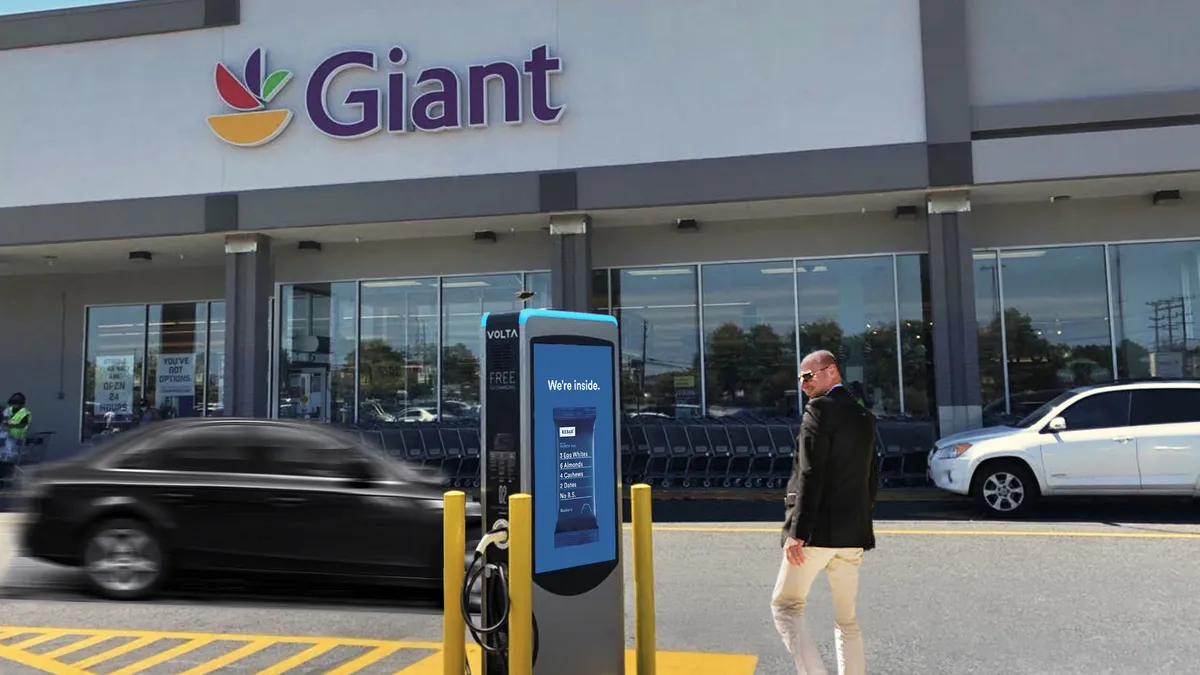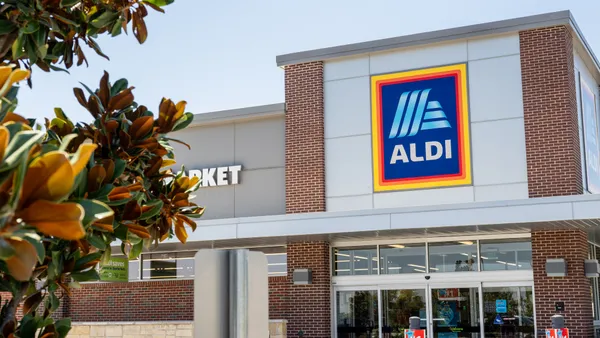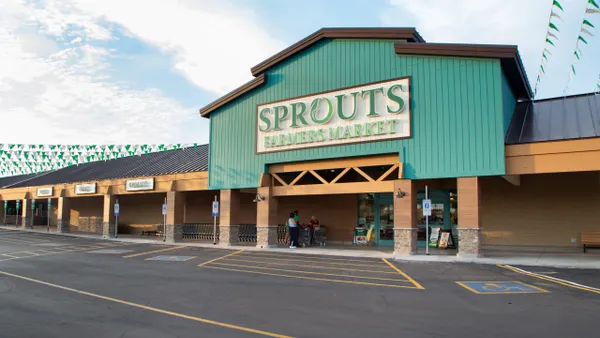Dive Brief:
- Ahold Delhaize announced that all the proceeds from its first sustainability bond have been used to support the increased consumption of sustainably sourced products, to reduce the company’s carbon footprint and increase sales of healthier products. The company raised around $675 million last June when it issued the bond, which will mature in late June 2025.
- Most of the proceeds — around $485 million — went to expand its sourcing of sustainable seafood, coffee, tea and cocoa. Some of this amount also went to the production of the company’s "Urban Farm" on the rooftop of one of its stores in Belgium.
- Ahold Delhaize invested around $180 in renewable energy installations, energy-efficient equipment, improvements in refrigeration, as well as solar panels at distribution centers stores and offices. The rest of the money went toward expanding healthy eating initiatives, including research and development for reformulated products; marketing and distribution; and providing customers transparency on products’ nutritional value.
Dive Insight:
Ahold Delhaize is the first retailer to issue a euro-dominated sustainability bond, according to the company. And since the launch of its bond, the grocer has undertaken numerous sustainability and health initiatives.
In September, Ahold Delhaize announced it will work with suppliers to restrict and remove certain chemicals from its store-brand products and packaging. Five months later, the retailer renewed its sustainability goals as it was nearing its 2020 target of having 50% of its private label sales come from nutritious products. It also worked to reduce the sugar, salt and high fructose corn syrup content in many of its private label products without changing the taste.
This year, the company also committed to cutting food waste in half by 2030 and continuing to work toward its goals of zero plastic waste in its private label product packaging by 2025.
Grocers across the industry are making strides towards improving health and sustainability. This year, Walmart committed to sustainably source canned tuna and last year, and late last year Aldi pledged to make all its packaging sustainable by 2025. Kroger’s Zero Hunger Zero Waste initiative reduced food waste by 9% in 2018. It also increased its landfill diversion rate by 13% and surpassed its goal of achieving 40% electric savings by 2020.










